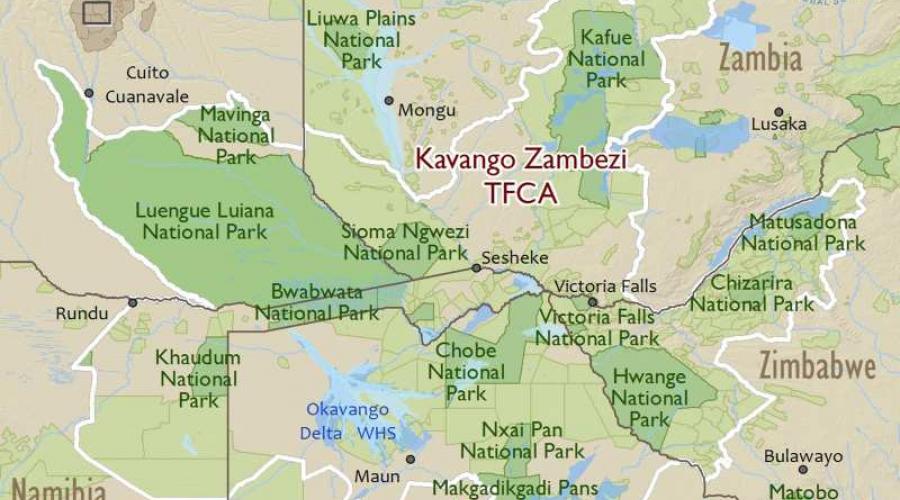Trans Frontier Conservation Areas Community Networking Forum for Sustainable Community Livelihoods
Transfrontier Conservation Areas are established with the purpose of collaboratively managing shared natural and cultural resources across international boundaries for improved biodiversity conservation and socio-economic development. According to the SADC Protocol on Wildlife Conservation and Law Enforcement (1999) as a component of a large ecological region that straddles the boundaries of two or more countries encompassing one or more protected areas as well as multiple resource use areas.
It is therefore important to note that the above two vital elements give the SADC community great potential in terms of biodiversity and tourism growth if issues of capacity building, advocacy and funding, and marketing are addressed appropriately. The TFCA concept is new and therefore not yet understood even among those who are expected to implement it let alone community groups that seek to tap into the opportunities created by this phenomenon. At the heart of all this, is the cultural context which determines how far communities are prepared to participate in management of biodiversity and extract maximum benefit from the concept.
The TFCA Networking Forum for Sustainable Community Livelihoods seeks to create interaction of community groups, identify and share experiences, knowledge and related challenges and opportunities on conservation and cultural tourism.
Project Description
CCDI with support from GIZ will be hosting communities from the Great Limpopo, Greater Mapungubwe and KAZA TFCAs at Muhlanguleni, Chiredzi from 13 – 17 November 2017 for networking and exchange on the latest conservation tools and technologies and on how best community involvement can lead to effective conservation work amid a multitude of threats and challenges such as climate change and population growth. This will be done through facilitated workshops which will identify the key enabling factors for effective community participation and beneficiation in TFCA management.
Community-based Organisations (CBOs), government departments and other key institutions will present a range of conservation and development frameworks. This will provide an opportunity to discuss constraints, possibilities and synergies and topical issues that relate to TFCAs. Group and plenary sessions will be held where various stakeholders will discuss existing integrated conservation and development processes.
Community members will be taught about the Transfrontier Conservation Area concept and how to implement it in cross border socio-economic activities that enhance interaction and cooperation. The Great Limpopo Cultural Trade Fair, Pafuri Walking Trail & Shangani Festival, Tour de Tuli and Wild Run are such socio-economic cross border products which will constitute the core of Zimbabwe’s success stories in attempt to derive community benefits from trans-boundary natural resources management (TBNRM). There is no doubt that conservation of biodiversity, indigenous knowledge and cultural heritage of the region is pivotal to the success of SADC and Zimbabwe’s TFCA programme.
Participants
Approximately sixty participants have been drawn from Great Limpopo, Greater Mapungubwe and KAZA TFCAs, more specifically involving Botswana, Mozambique, South Africa, Zambia and Zimbabwe.
Key Envisaged Outputs
- Improved community involvement in the development of TFCAs in the SADC region
- More community-based tourism initiatives
- Improved community livelihoods
- Enhanced human-wildlife conflict resolution mechanisms


